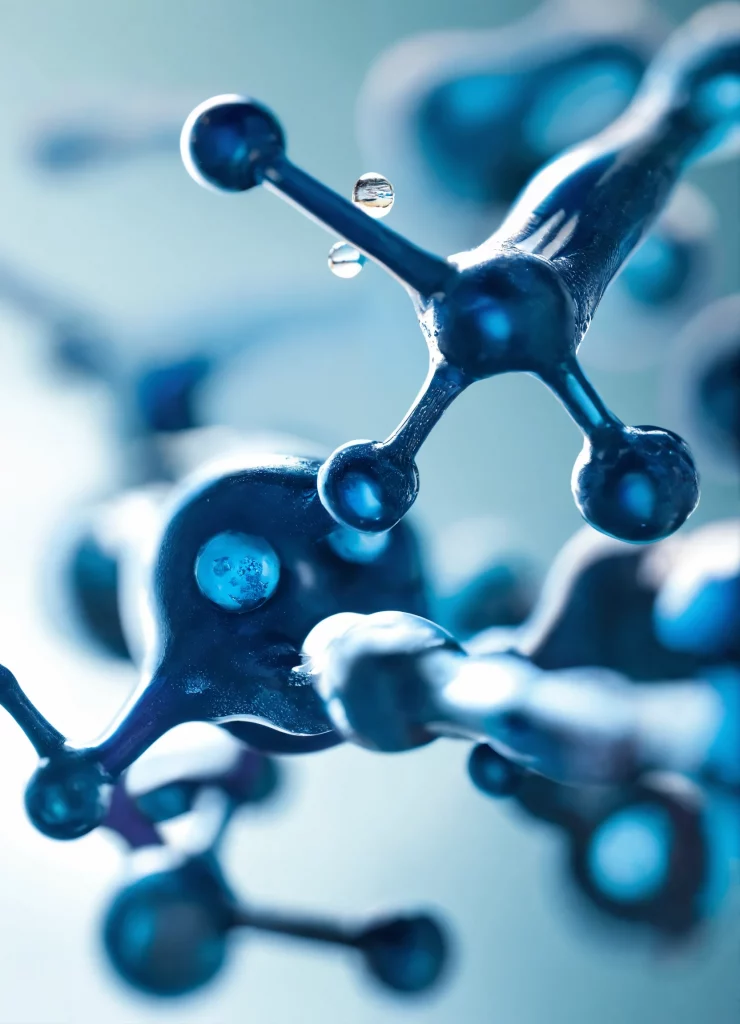
You can find various opinions on this ingredient online, including negative ones (skinfluencer James Welsh shares his experience here). I’m not inclined to demonize an ingredient naturally found in our bodies: it may not provide incredible benefits for your skin, but honestly, I doubt it will harm you. And just a reminder, in cosmetics, hyaluronic acid is accompanied by other components (solvents, preservatives, texturizers) – any of which can cause an individual reaction.
Inflammation
Chemist Lab Muffin writes that low-molecular-weight hyaluronic acid can act as an inflammatory signal. However, she adds, it’s important to remember that inflammation isn’t always bad. Studies show that low-molecular-weight hyaluronic acid can improve the skin’s ability to self-repair, strengthen its natural protective functions, and help with conditions like seborrheic dermatitis.

Dryness
There is another downside that dermatologists often mention: if your skin is initially dehydrated and the air around you is dry, hyaluronic acid can have the opposite effect, drawing moisture out of the skin. It’s hard for me to say for sure if this is exactly how it works – simply because I haven’t come across detailed scientific justification (rather than just personal opinions). I want to remind you again that hyaluronic acid in cosmetic products doesn’t work alone – there are other active ingredients that also play a significant role. Nevertheless, to avoid this trap, apply products with hyaluronic acid to damp skin and then seal it with a cream containing occlusive ingredients. This will create a reliable barrier and prevent moisture from evaporating.


Leave a Reply